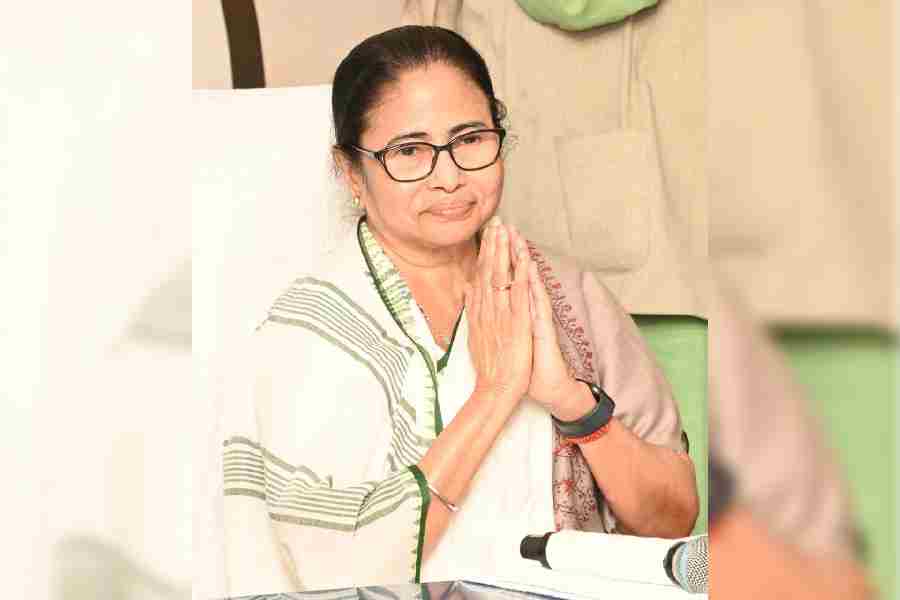Are India’s political parties age-agnostic? The answer would have to be in the negative given the recent chatter on the subject in the country’s political outfits. Bengal’s chief minister recently stated, in a manner of speaking, that old, indeed, is gold, pointing to the wisdom of retaining efficient elderly lieutenants, be they bureaucrats or politicians. But her party remains divided over the old guard locking horns with the new: Abhishek Banerjee, heir apparent and the chief minister’s nephew, has been vocal about an age ceiling for the Trinamul Congress. The Congress, given its unchanging, ageing pecking order, perhaps justifies the title of being India’s Grand Old Party quite literally. Its principal adversary, the Bharatiya Janata Party, has a cut-off age for its leaders: in 2019, it banished several leaders, including L.K. Advani and Murli Manohar Joshi, to the dreaded Margdarshak Mandal — that glorified retirement home for those who were over 75 years of age. But not every ageing BJP leader is meant for the proverbial doghouse. It is unthinkable that the BJP would ask Narendra Modi, its tallest and most popular leader, to keep Mr Advani company after the former turns 75 in a couple of years. Meanwhile, the Left, that citadel of gerontocracy, is finally waking up to the smell of young blood. At a recent rally of the Democratic Youth Federation of India in Calcutta, several young leaders graced the stage, signalling the comrades’ willingness to be receptive towards the need to groom a new generation of leaders.
The fact that ageism has been an age-old problem in the sphere of politics can be attributed to a deeper social dilemma. Traditionally, India has been reverential towards the elderly. This culture of veneration has often led to seniority being prioritised over the promise and the potential of the youth. Political parties, businesses, families — critical institutions of society — have all been witness to the strained — skewed — equations between the vieux and the nouveau. The result, inevitably, has been friction in — even implosion of — such entities. Perhaps the sensible approach to settle the squabble between the new and the old order would be the adoption of the principle of merit. Each demography brings with it its own set of skills. The youth have energy and imagination; the elderly can be resourceful in terms of experience. The challenge, especially for political parties, is to strike a balance and be fair to the demands of representation.

